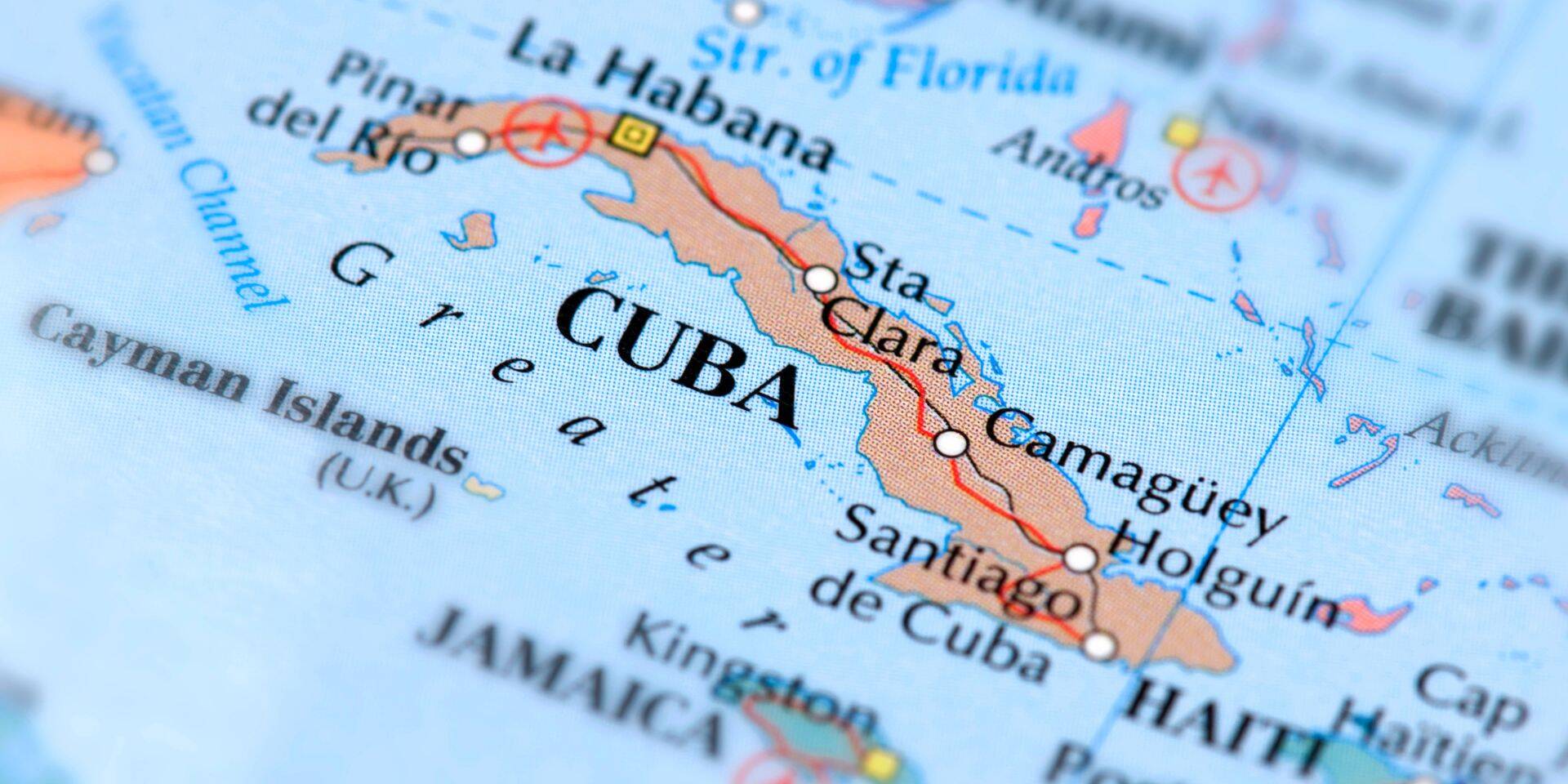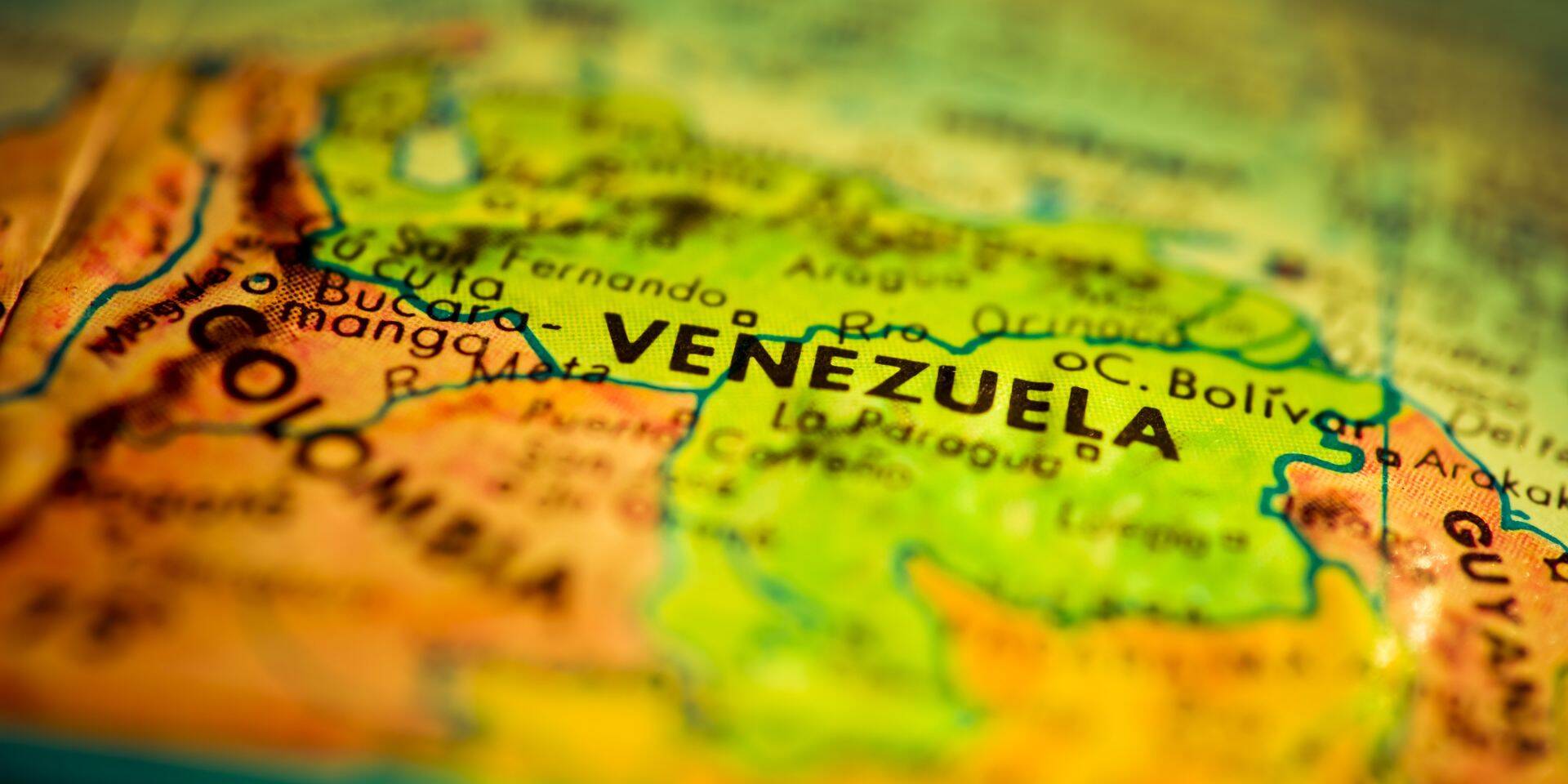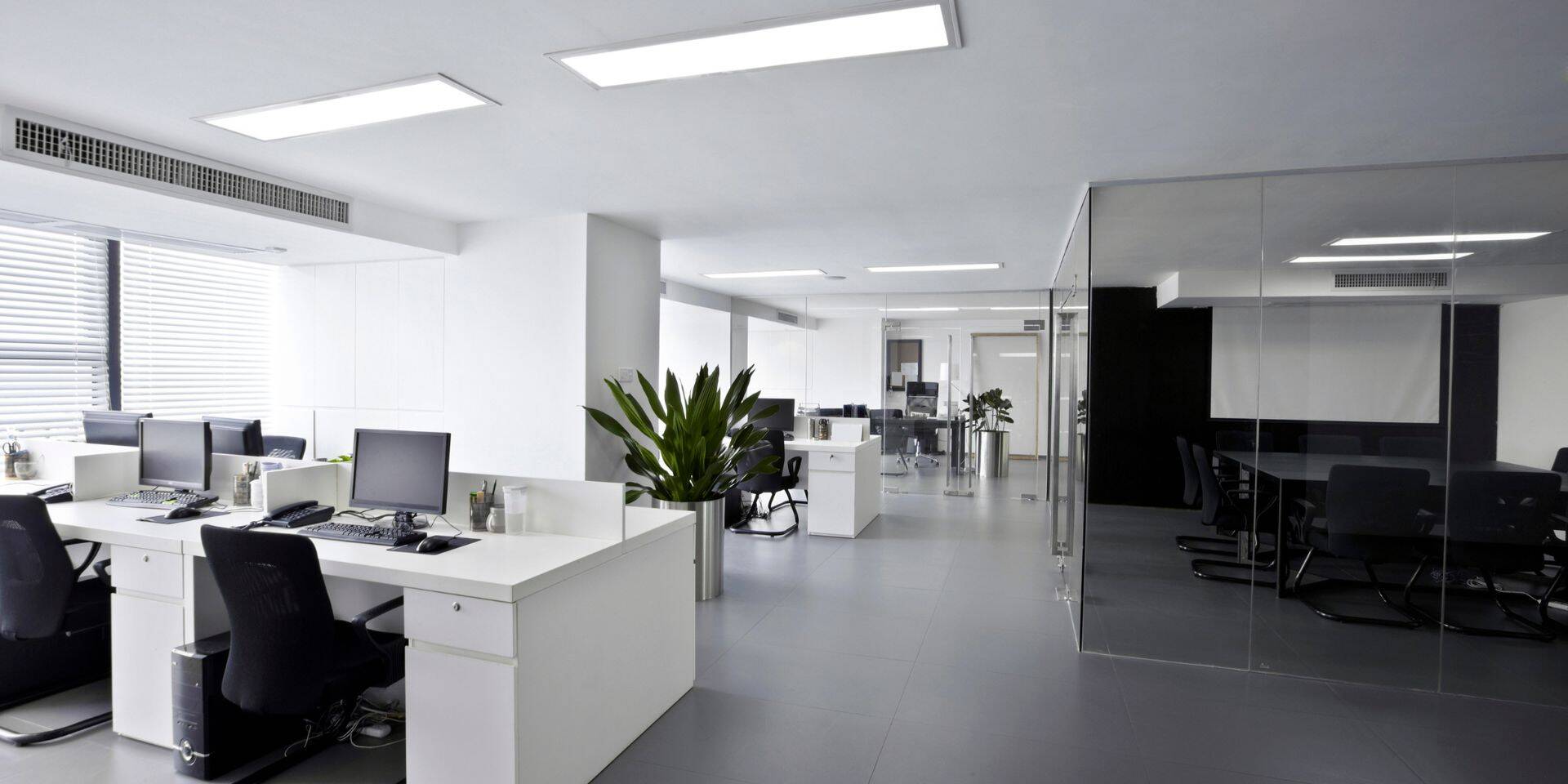On June 22, President Trump signed Presidential Proclamation (P.P.) 10052, which extended his original executive order regarding this issuance of new Green Cards abroad (P.P. 10014). P.P. 10052 also expanded the restrictions to include some nonimmigrant visas types, including H-1B, H-4, H-2B, J-1, L-1, and L-2. ILBSG previously posted some of the exceptions to this order outlined by the Department of State on July 16.
On August 12, the Department of State updated its official guidance regarding who is exempt from P.P. 10052, outlining new factors to be considered. We are pleased to confirm that H-1B and L-1 visas can now be issued for employees who are “seeking to resume ongoing employment in the United States in the same position with the same employer and visa classification.” This means that if an H-1B or L petition is filed seeking “continuation of previously approved employment without change with the same employer” on page 2 of the I-129 form, the Department of State will be able to issue a visa at the consulate. In other words, if the petition is filed for an H-1B or L-1 extension, the visa ban will not apply. This is overwhelmingly positive news for H-1B and L-1 employees.
Further, the Department of State has outlined new factors for H-1B employees which will allow the Department of State to issue a visa. Consular officers may determine that an H-1B applicant’s travel to the U.S. is necessary to “facilitate the immediate and continued economic recovery of the United States” when at least two of the following five factors are met:
- Cases where the petitioning employer has a continued need for the services of an H-1B employee as evidenced by an LCA approved by the DOL during or after July 2020. For LCAs approved by the DOL before July 2020, the consular officer must be able to determine from the visa application that there is a continued need for the employee by the U.S. employer. The Department of State clarified that regardless of when the LCA was approved, if the H-1B applicant is currently performing or able to perform their job duties remotely from outside the U.S., this factor will not be met.
- Senior level placement within the petitioning employer’s organization or job duties reflecting performance of functions that are unique and vital to the management and success of the overall business OR job duties and specialized qualifications that show the employee will provide significant and unique contributions to the petitioning company. In both scenarios, the applicant’s job duties or position must meet a critical infrastructure need. Critical infrastructure sectors are chemical, communications, dams, defense industrial base, emergency services, energy, financial services, food and agriculture, government facilities, healthcare and public health, information technology, nuclear reactors, transportation, and water systems.
- The wage rate paid to the H-1B applicant meaningfully exceeds the prevailing wage rate by at least 15 percent (see Part F, Questions 10 and 11 of the LCA) by at least 15 percent.
- The H-1B applicant’s education, training and/or experience demonstrate unusual expertise in the specialty occupation in which the applicant will be employed. For example, an H-1B applicant with a doctorate or professional degree, or many years of relevant work experience, may have such advanced expertise in the relevant occupation as to make it more likely that he or she will perform critically important work for the petitioning employer.
- Denial of the visa pursuant to P.P. 10052 will cause financial hardship to the U.S. employer. The following examples, to be assessed based on information from the visa application, are illustrative of what may constitute a financial hardship for an employer if a visa is denied: the employer’s inability to meet financial or contractual obligations; the employer’s inability to continue its business; or a delay or other impediment to the employer’s ability to return to its pre-COVID-19 level of operations.
There are also new guidelines for exemptions for L-1A employees. For L-1A applicants, consular officers will be able to issue a visa when at least two of the following three criteria are met:
- The L-1A employee will be a senior-level executive or manager.
- The L-1A employee has spent multiple years with the company overseas, indicating a substantial knowledge and expertise within the organization that can only be replicated by a new employee within the company following extensive training that would cause the employer financial hardship.
- The L-1A employee will fill a critical business need for a company meeting a critical infrastructure need. Critical infrastructure sectors include chemical, communications, dams, defense industrial base, emergency services, energy, financial services, food and agriculture, government facilities, healthcare and public health, information technology, nuclear reactors, transportation, and water systems.
For the complete list of exemptions, please visit the Department of State announcement, which outlines information for H-2B, J-1, L-1B, H-4, L-2, and J-2 applicants.
If you are subject to P.P. 10052 but believe you may qualify for an exemption, please reach out to an ILBSG attorney today to discuss the next steps. You will need to review the instructions on the relevant U.S. Embassy or Consulate’s website regarding the process to request an emergency appointment. You will want to provide specific information regarding why you believe you qualify for an exemption, as you must be approved for an emergency appointment request first. After that, a final determination will be made regarding your eligibility for the visa at the interview.
As always, ILBSG remains dedicated to assisting its clients during these unprecedented times. We will continue to update our clients regarding any new developments.
Related Posts
April 2, 2025
Judge Rules Venezuelans Can Temporarily Keep TPS Protections
A federal judge temporarily halted the…



